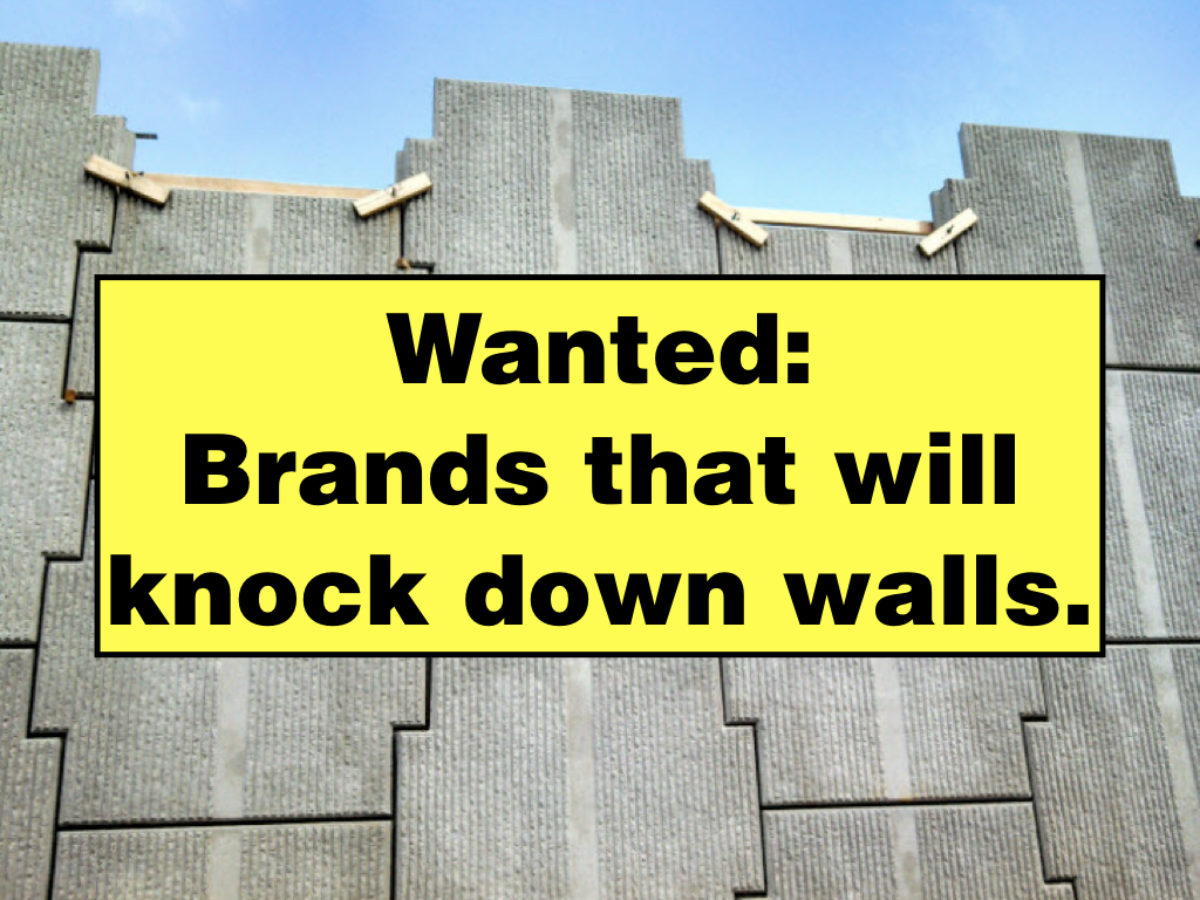Fake news and echo chambers became headline issues during the recent US election. Whether it was outrageous stories fabricated by the pseudo-press to lure clicks (and ad dollars), or algorithms set up by social media to feed viewers stories that reinforced their worldview while blocking contrary thoughts, the phenomenon raised a disturbing question: are we losing our grip on the truth, and becoming a hostile, fearful world?
Brands can play a key role in reversing the fake news trend. They’ve done it in the past.
I believe brands can play a key role in reversing this trend. After all, they’ve done it in the past.
Consider Coke’s “I’d Like To Teach The World To Sing” commercial, which gave us a brief respite from political, racial and social tensions during the late 60’s. Or, the famous United Colours of Benetton ads that forced us to confront our racial, sexual and societal prejudices in the 80’s.
There is a terrific upside for brands that are brave enough today to challenge our fear and hostility towards the ‘other’. Which brands will seize the opportunity?
What can brands do about fake news?
Start by listening to the podcast episode.
Primary points we covered
- When fake news and echo chambers divide us, marketers and brands can do well by reminding us of things that bring us all together.
- There are precedents and case studies aplenty to underline the opportunity for brands brave enough to confront mistrust with fresh messages of inclusivity and understanding.
- There are also precedents for what can happen if we choose to pursue our direction of mistrust and close-mindedness – as illustrated by China’s fateful decision in 1423 to shut its borders and turn its back on the outside world.
Key quotes
“It’s time for brands to step up and bridge the divides. For a great example of how this can work culturally, look at Benetton. The United Colours of Benetton campaign set the world on fire and got us talking about all the social issues that were tearing us apart.”
“A world that has become closed-minded and mistrustful is a wonderful platform for brands to bring us together.”
“Think of the incendiary atmosphere of the late 60’s – Kent State, Vietnam, black vs. white – and the incredibly successful ‘I’d Like To Teach The World To Sing’ commercial Coke did that gave us a fresh, albeit fleeting, perspective on how we could all get along.”
“Lies and half truths in the form of echo chambers and fake news are a direct reflection of fear.”
“Breitbart is a right-wing news site, but I don’t think it’s driven nearly as much by hatred as it is by understanding what people want to click on, and therefore what advertisers will pay for.”
“I see a terrific opportunity for brands brave enough to challenge close-minded thinking. All you have to do is look at Apple’s 1984 ad, Coke’s “I’d Like To Teach The World To Sing”, or the United Colours of Benetton.”
Mentioned in the fake news interview
- 1421
- Benetton’s United Colours of Benetton
- Coca Cola’s I’d Like To Buy The World A Coke
- The Onion
- CNN, CNBC, Fox, CBC, CFAX, CTV, Breitbart
- Air Bnb’s #OneLessStranger
- Dunkin’ Donuts
- Mr. Clean Magic Eraser
- Apple’s 1984
Enjoyed this story? Here are more you’ll like:
- The trouble with origin storytelling? The origin
- Want to build brand awareness with a publicity stunt? Read this first.
Want to build a stronger brand? Start by reading my book BrandDIY.
To get my insights straight to your inbox, subscribe to my newsletter below.
And please, don’t forget to share this story!



